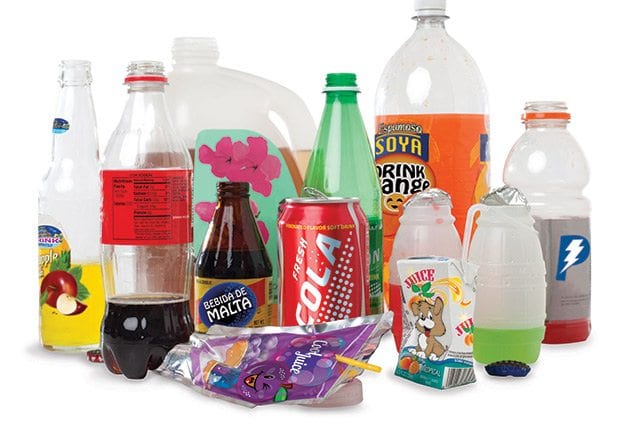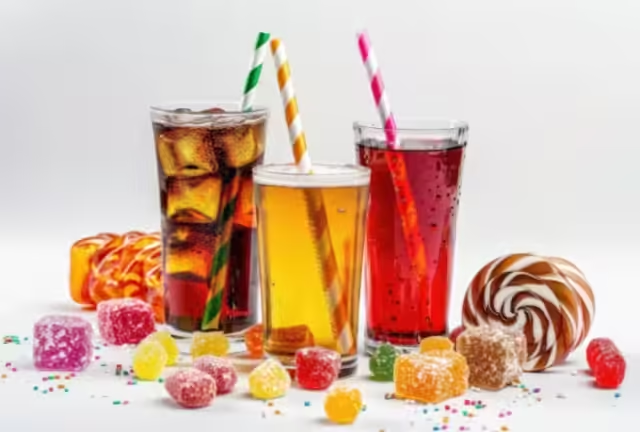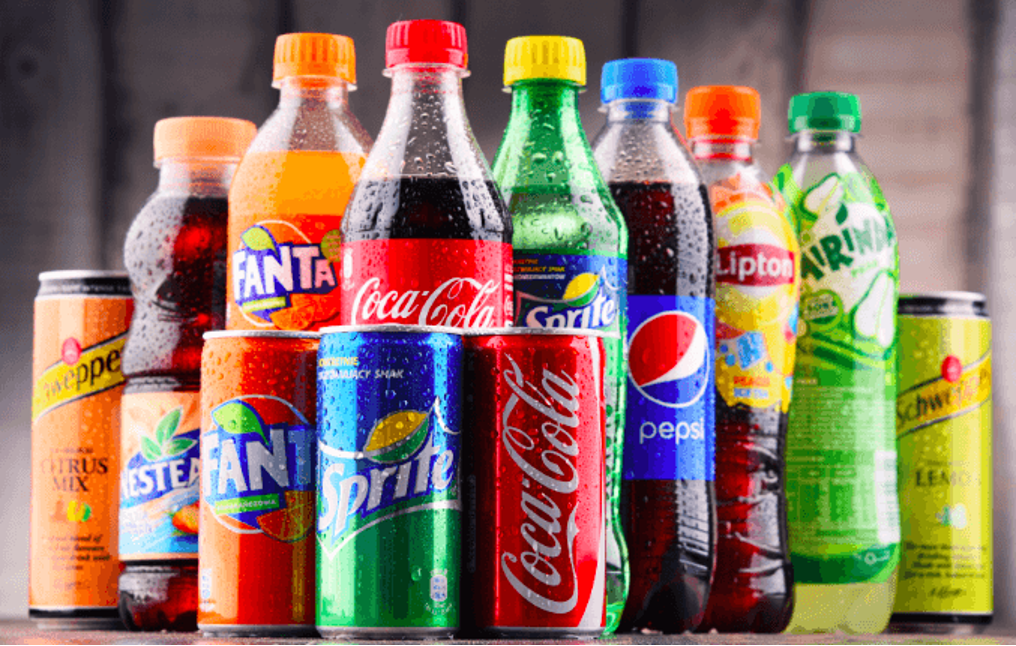A recent study has revealed that in 2024, 2.2 million new cases of type 2 diabetes and 1.2 million new cases of cardiovascular disease occur each year globally due to consumption of sugar-sweetened beverages. This represents 9.8% and 3.1%, respectively, of all incident cases worldwide.
The study analyzed sugar-sweetened beverages -related type 2 diabetes and cardiovascular disease burdens across 184 countries, comparing data from 1990 and 2020. Developing countries were hit the hardest, with Latin America, the Caribbean, and sub-Saharan Africa seeing the highest SSB-attributable disease burdens.

- In Latin America and the Caribbean, sugar-sweetened beverages were linked to nearly 24% of new diabetes cases and over 11% of new cardiovascular disease cases.
- In sub-Saharan Africa, sugar-sweetened beverages accounted for over 21% of new diabetes cases. The region also saw an 8.8% rise in sugar-sweetened beverages-related diabetes cases and a 4.4% increase in cardiovascular disease cases from 1990 to 2020.
- Colombia, Mexico, and South Africa faced severe impacts:
- In Colombia, 48% of new diabetes cases were tied to sugary drink consumption
- In Mexico, nearly one-third of all new diabetes cases were linked to sugary drinks.
- In South Africa, sugary drink consumption contributed to 27.6% of new diabetes cases and 14.6% of cardiovascular disease cases.
Health Risks of Sugary Drinks
Sugary beverages are rapidly absorbed by the body, leading to spikes in blood sugar with minimal nutritional benefits. Long-term consumption contributes to weight gain, insulin resistance, and metabolic disorders, significantly increasing the risk of type 2 diabetes and heart disease.

Who is Most Affected?
The study found that men and younger adults are more likely to suffer the health consequences of sugar-sweetened beverages consumption compared to women and older adults.
Researchers call for a multi-pronged approach to curb sugar-sweetened beverages consumption, including:
- Public health campaigns to raise awareness.
- Regulations on sugary drink advertising.
- Taxes on sugar-sweetened beverages to discourage consumption.
Mexico, a country with one of the highest per capita sugar-sweetened beverages consumption rates, implemented a tax on sugary drinks in 2014. Early evidence shows the tax has been effective, particularly among low-income groups.
This study highlights the urgent need for global action to address the health crisis fueled by sugary drinks, particularly in vulnerable regions.




